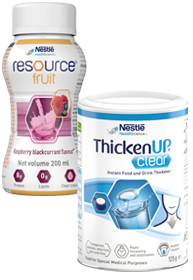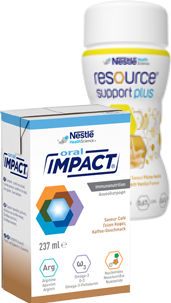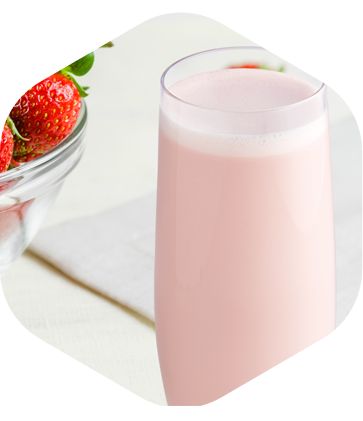How to Cope with Trouble Chewing and Swallowing

Difficulty chewing and swallowing can occur due to location of cancer and radiation therapy that targets the throat, esophagus and lungs. In addition, some chemotherapy and immunotherapy can lead to irritation of the esophagus causing swallowing to be painful. The following ideas can help you eat while you are having difficulty chewing and swallowing.
Choose Soft and Moist Foods
- Soft and moist foods will be easier to chew and swallow. Avoid foods that are coarse, dry, or rough.
- Choose tender meats, soft vegetables and starches. Casseroles, soups and stews with tender meats can be a good options.
- Purée food if necessary. Use a blender or food processor to create a smooth texture. Try using milk or broth with meats when blending.
- Try breakfast cereals like oatmeal, grits and cream of wheat mixed with whole milk.
- Focus on protein rich foods that are easier to eat like scrambled eggs, cottage cheese, rice pudding, fish and creamy macaroni and cheese.
- Add extra sauces dressings and gravies to foods to help moisten foods and make easier to swallow.
- Use high protein and calorie drinks like milkshakes, oral nutrition supplements and smoothies made with non-acidic fruit to help make up missed nutrition from solid foods.
- Drink plenty of fluids which can help ensure plenty of saliva for chewing foods.
Avoid foods that may hurt when your throat is sore including:
- Tart and acidic foods like citrus (oranges, grapefruit, lemons, limes), tomatoes, and pineapple
- Carbonated beverages
- Salty foods
- Rough foods such as dry toast, crackers, chips, pretzels, nuts, raw fruits, and vegetables
- Spices, seasonings and condiments such as pepper, chili powder, salsa, ketchup, horseradish, and pickles
- Alcoholic drinks
Food Choices for Painful Swallowing
Protein foods
- Scrambled eggs, quiche or soufflé
- Tender meat, chicken or fish that is pureed, chopped or ground
- Egg, chicken, tuna salad or hummus
- Casseroles with creamy sauces and tender meats
- Milkshakes, smoothies or oral nutrition supplements
- Custard, ricotta, cottage cheese, rice pudding, yogurt or soft cheeses
- Cream soups
Starches
- Mashed potatoes, soft peas and sweet potatoes
- Cooked cereals, pancakes and French toast
- Pasta and rice in gravy or sauce
- Cold cereals soaked in milk
Fruits and vegetables
- Cooked or pureed non-acidic fruits and vegetables
- Ripe banana, watermelon, avocado, and frozen fruits
Know more about the subject
A Guide To Cancer Diets: Battling Cancer With Nutrition
Eating a healthy, balanced diet helps give your body the nutrients, calories, and strength it requires to fight off diseases.

How to Cope with Muscle Loss

How Cancer Patients Can Benefit from Exercising
Exercising according to medical advice is great for patients’ rehabilitation and well-being
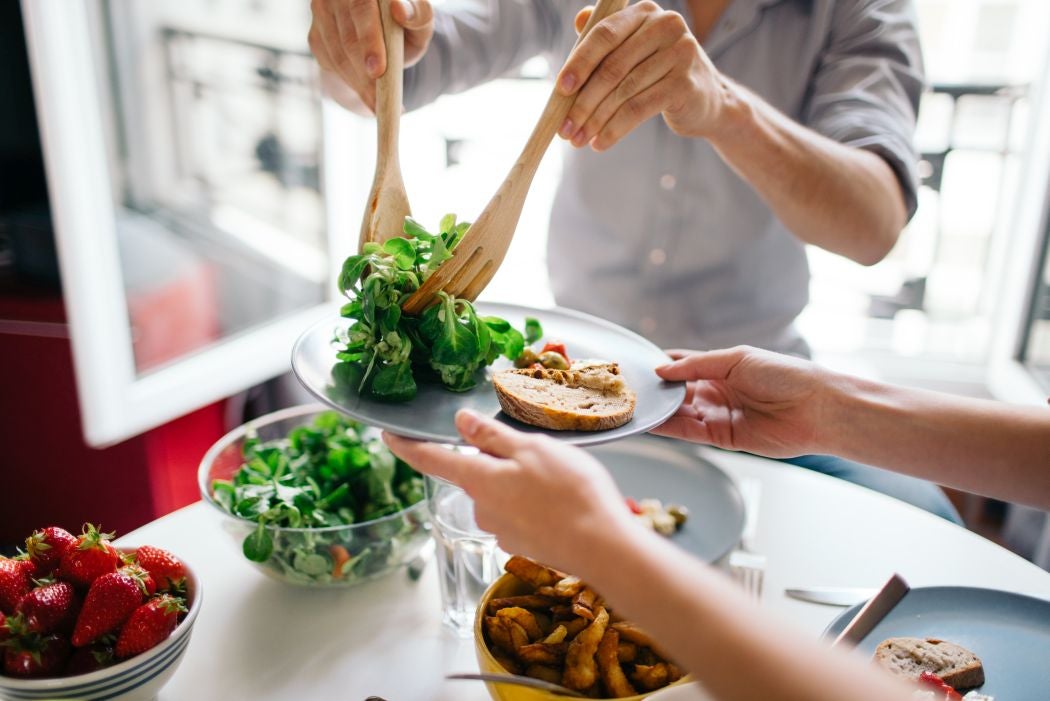
How is the Nutritional Recovery of Cancer Patients Carried out?
Nutritional recovery aims to prevent and treat malnutrition, boost the immune system, speed up recovery after surgeries, reduce hospital length of stay and improve response to cancer treatment in general.1,2 Learn about the stages of nutritional recovery.

The Cancer Patient’s Caregiver May Need Help Too
There are several options of intervention that can bring positive results for both the caregiver and the patient. 2
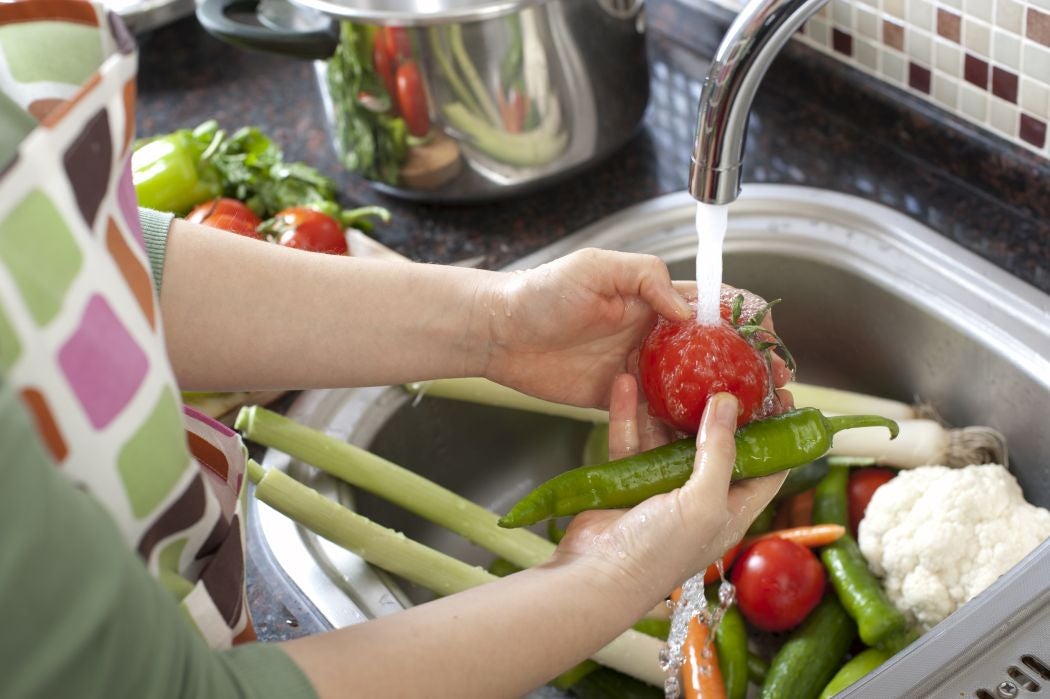
Tips for Safely Preparing Food for Cancer Patients
Carefully choosing items and keeping a good hygiene when preparing meals are essential to avoid contamination.

